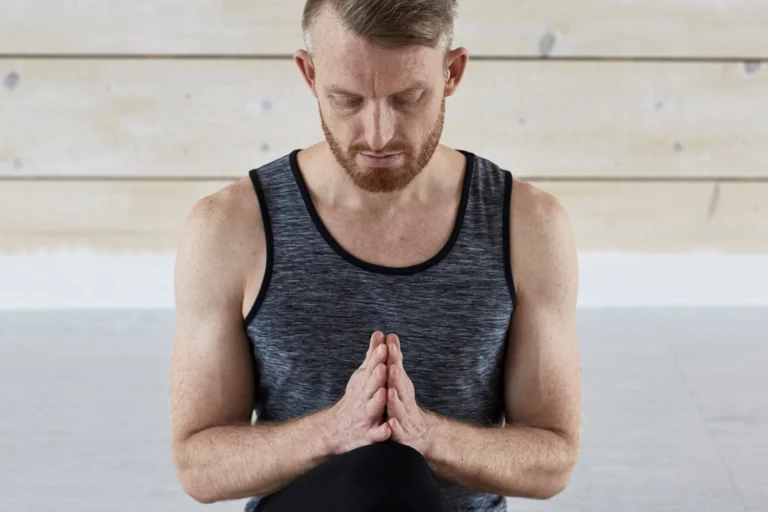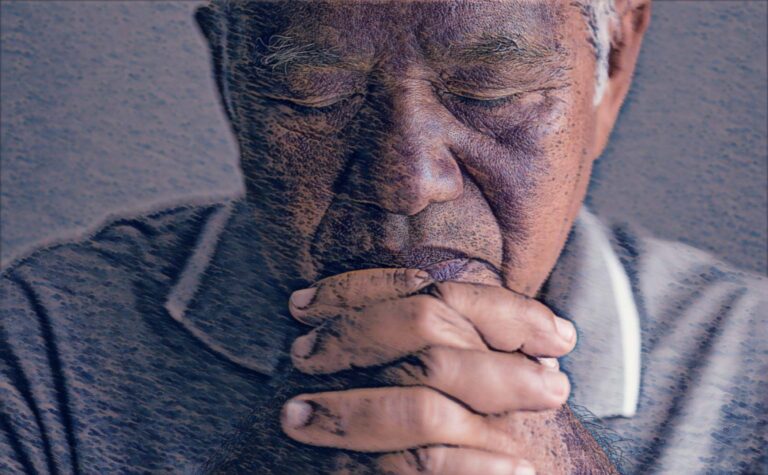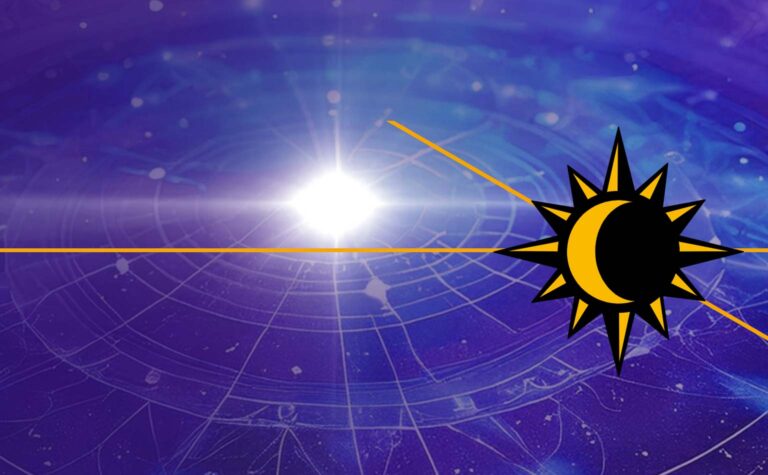I loved the royal wedding last Friday. A truly magical occasion, and – rare these days, sadly – I felt proud to be British.
Egged on by my friend Meg, resplendent in a mother-of-the-groom frock she wore to her own son’s nuptials a few years back, I was very happy to enter into the spirit of the day, and donned the white feathered fascinator I wore to my wedding eight years ago, before Posh Spice ever heard of them.
Accompanied by my surprisingly dewy-eyed husband, Meg and I shed tears into our handkerchiefs and toasted William and Kate’s fairytale union with pink champagne. I also loved watching the madly cheering, flag waving crowds, hoping that this could be the beginning of a better time for all of us in the UK.
This feel-good factor lasted until late Sunday night, when I heard that Osama bin Laden had been killed by the Americans in Pakistan. Across the Atlantic in the US, this event created more madly cheering, flag-waving crowds, although of course, they were celebrating a very different agenda to a royal wedding.
I understand that discovering bin Laden’s hide-out was a coup for President Obama, and that his death probably assures the next four years of Obama’s presidency. But I can’t personally, rejoice when someone, however ‘evil’, is shot in the head.
And I am certainly not convinced that bin Laden’s demise makes the world, in Obama’s words, a safer and better place.
I may sound like a typical crabby postmenopausal woman. But even setting aside bin Laden’s hatred of Western values or Al-Qaeda’s terrorist activities, it seems to me that the behaviour of humanity across the globe is beginning to implode.
Perhaps our current global population of 6 billion-plus and rising fast means there are just too many of us for the world to be a safe place any more. The image of rats trapped in a cage, fighting each other for survival comes to mind.
Someone once told me how various American Indian tribes considered a group of a hundred people to be the ideal size for a community. They saw this as the optimum number to maintain connection with each other, and to provide comfortably for everyone’s needs. Once this number had been reached, a new self-contained group was formed, and so on.
This all reminds me of the small school community I grew up in, and of the collection of local shops that provided us with supplies, and my mother (and everyone else come to that) with a good old natter with Mr Lane the butcher.
We all knew each other, and felt we belonged. Children behaved, because they knew they would be reported to parents if they stepped out of line. Of course, the downside was everyone knowing each other’s business, viewing strangers with uncertainty, and keeping up with the Jones’s. But this structure felt contained, and above all, safe.
In 1953, the year I was born, Britain’s population numbered approximately 37 million. In just over 58 years, it has risen to over 66 million, and those familiar social structures are long gone.
Today (and I know, here I go again), it’s all about what you can grab in the moment, rather than who you are, or even where you belong. Most worrying, I find, is how, without appropriate boundaries, increasing numbers of children and young people are being allowed to turn into mini bin Ladens at school and at home.
Yes, older folk have been making these complaints about the young for millennia. But, for all the joy of the Royal Wedding, there is a new and disturbing quality to how we now conduct our human affairs.
Yet, how do we start to improve our collective behaviour, young and old, when the conduct of our politicians during parliamentary sessions is more like a rabble of unruly, bullying adolescents rather than responsible adults capable of running the country? I have never heard stories of native American elders behaving like this.
I know it’s impossible for us to live wrapped for ever in the romantic fluffiness of William and Kate’s wedding. But, if we are to survive the coming years – and cope with the environmental changes that we have caused and now being felt worldwide, from tornadoes ripping through the Southern states of the US to the current unprecedented drought across the UK – we must reform the way we live.
One way we could begin to make a difference is to recognise that bin Laden – and other despots such as Hitler and Zimbabwe’s Mugabe – merely symbolise what the famous Swiss psychiatrist Carl Jung described as the shadow side of human nature. He wrote,
…there can be no doubt that man is, on the whole, less good than he imagines himself or wants to be. Everyone carries a shadow, and the less it is embodied in the individual’s conscious life, the blacker and denser it is. If an inferiority is conscious, one always has a chance to correct it. Furthermore, it is constantly in contact with other interests, so that it is continually subjected to modifications. But if it is repressed and isolated from consciousness, it never gets corrected. (“Psychology and Religion” (1938). In CW 11: Psychology and Religion: West and East. P.131)
Swapping my wedding fascinator for my psychotherapist’s hat, I can see that it’s our shadow side which is creating chaos across the planet. I sincerely hope we get the plot before it too late. For if we don’t change our behaviour, the planet and our environment will make damn sure we do in ways I don’t want to imagine.








1 comment
Eileen
I have this strange idea which I can’t shake off that actually there was no such person as Osama Bin Laden. Some obscure American government department made him up and built a whole mythology around him, so that they would have some excuse for their actions.